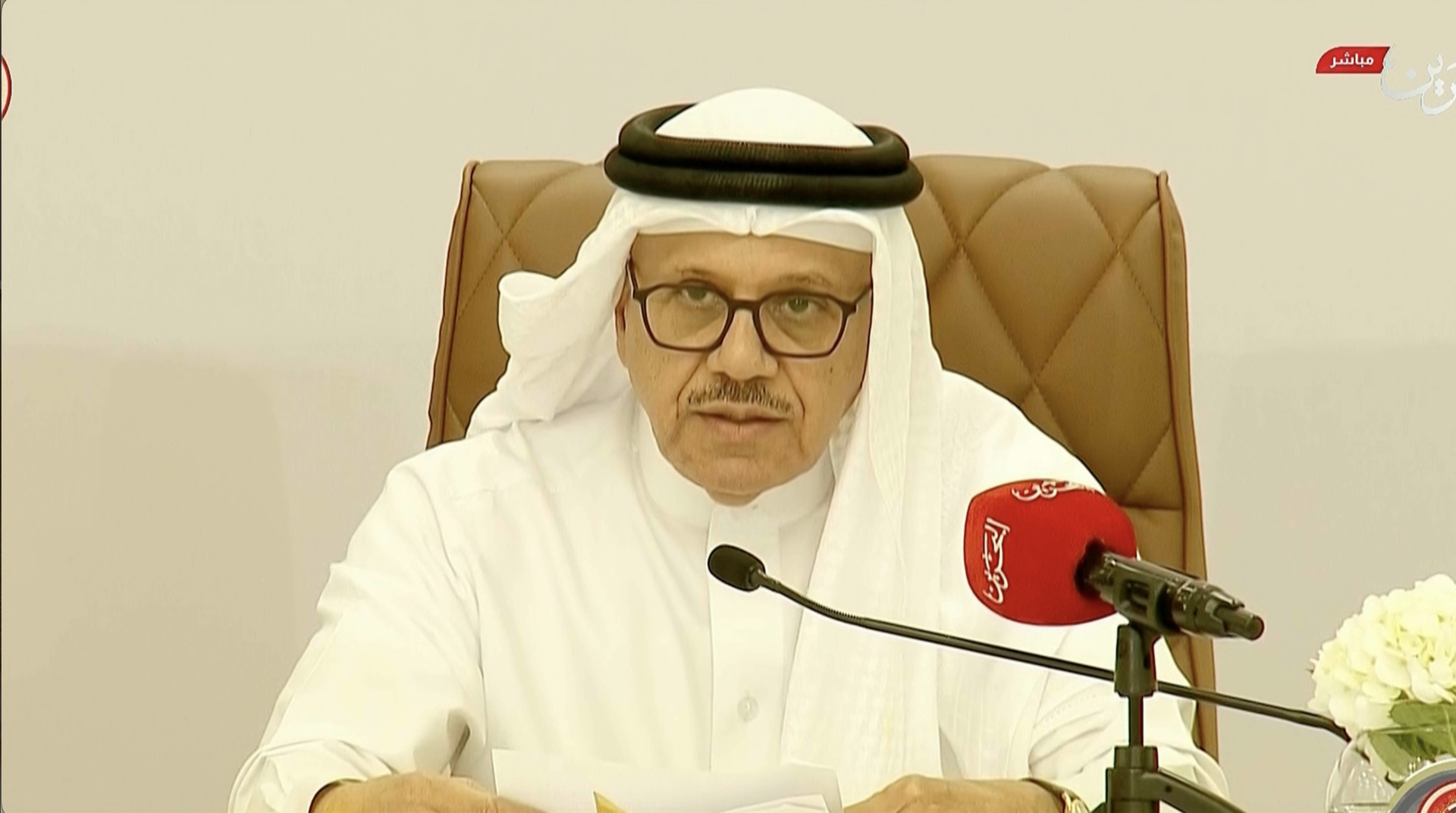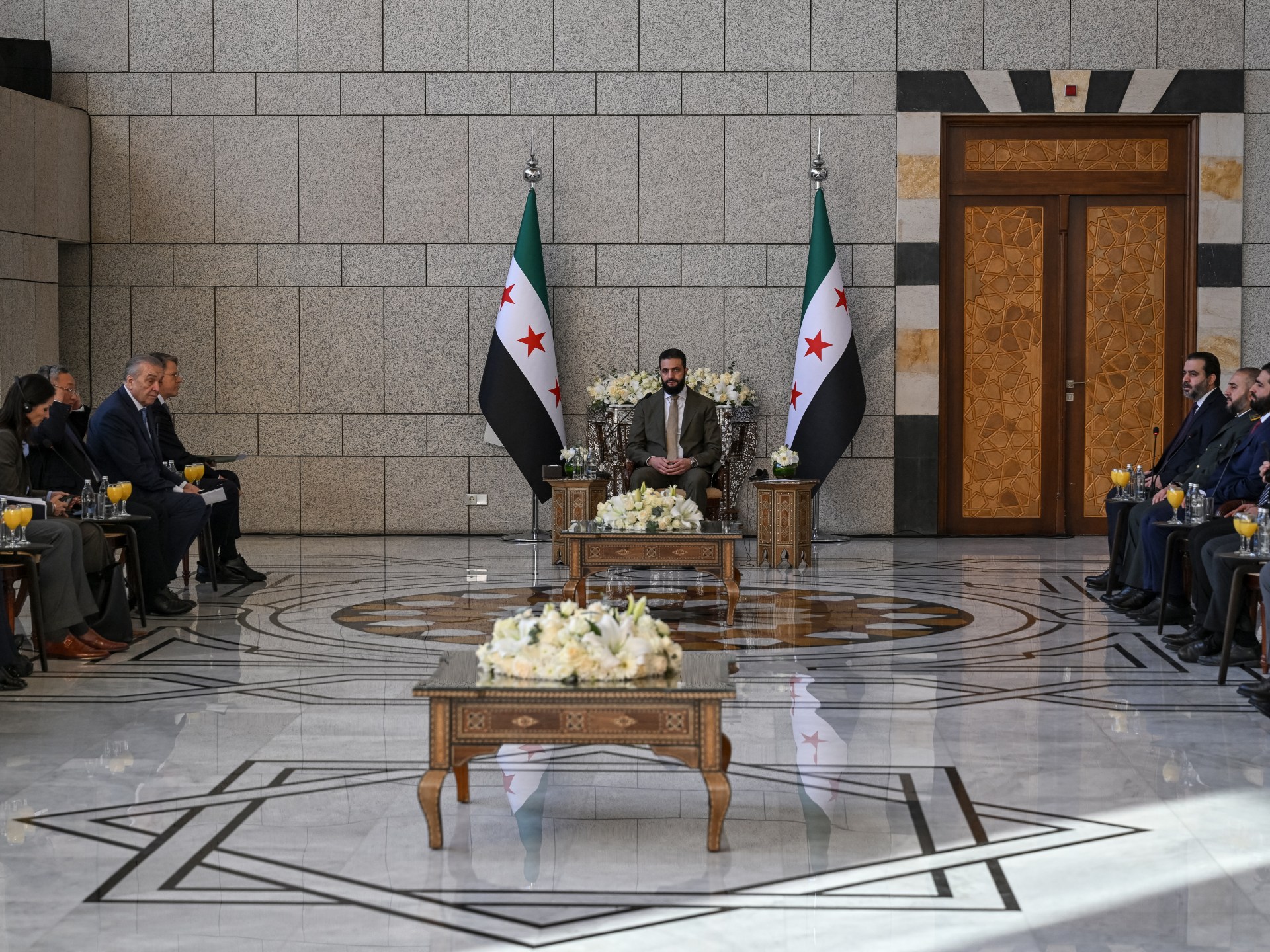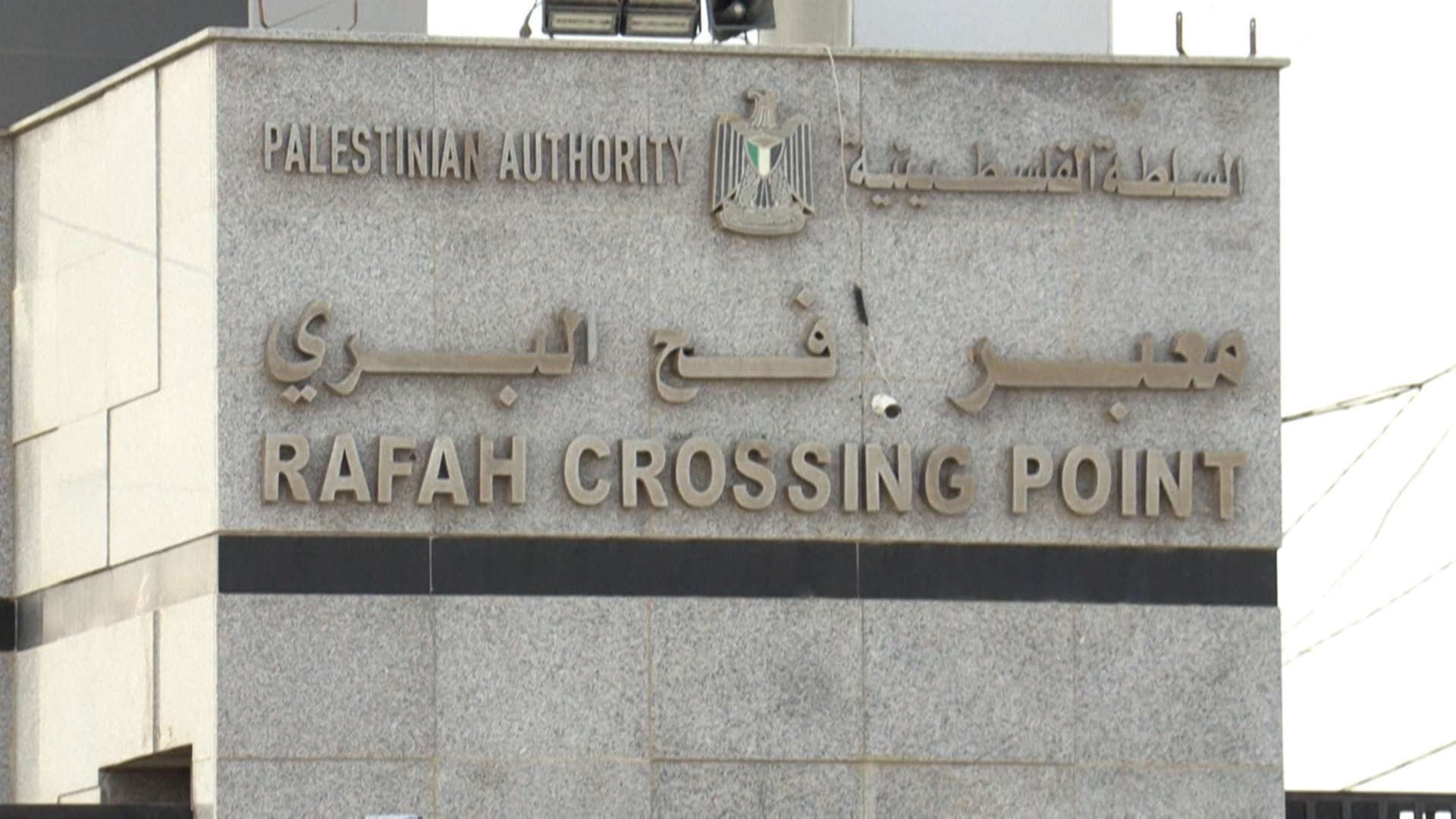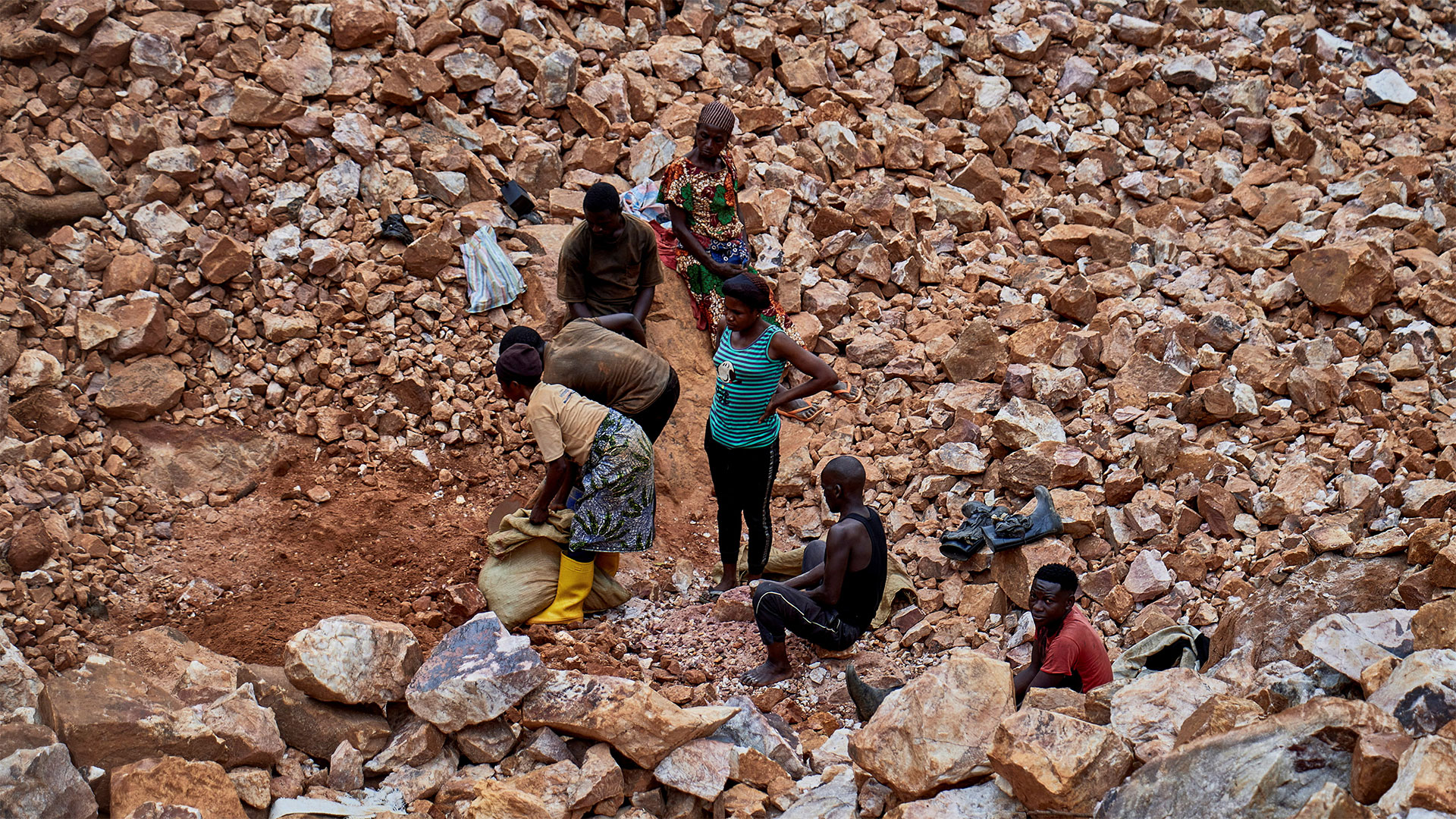Vladimir Putin, the president of Russia, doubled down on the maximalist demands and territorial designs that are preventing a solution while saying recent discussions with American negotiators about ending the war with Ukraine were “very useful.”
Putin confirmed to Kremlin reports that no agreement had been reached during the day’s discussions with US envoys Steve Witkoff and Jared Kushner in advance of a trip to New Delhi on Thursday. He stated in advance of his planned for a trip to New Delhi on Thursday that he would take control of Ukraine’s eastern Donbass region by force.
Recommended Stories
list of 3 itemsend of list
In remarks made by him in the interview that were released by the state news agency Tass on Thursday, he said, “Either we will liberate these territories by force or Ukrainian troops will leave these territories and stop fighting there.”
After eight years of fighting between Ukrainian troops and Russian-backed separatists in the Donbass, which includes the Donetsk and Luhansk regions, Putin sent tens of thousands of troops into Ukraine in February 2022.
His renewed resolve to conquer the area appeared to contradict US President Donald Trump’s earlier claim that Witkoff and Kushner believed the Russian leader wanted to “end the war.”
Trump said, “They had a very strong impression that he wanted to make a deal.”
According to reports, Putin made the comments as a follow-up to the five hours of talks that took place on Tuesday in Moscow. Special envoy Witkoff and Trump’s son-in-law Kushner will meet with Rustem Umerov in Florida on Thursday.
Volodymyr Zelenskyy, the embattled leader of Ukraine, claims he does not have the authority to annex Ukraine and that Russia should never be compensated for its invasion. Zelenskyy has been embroiled in a domestic corruption scandal and has been hampered by Russia’s advance. The Ukrainian Constitution also forbids territory ceding.
Plan with 28 points is still in effect.
Russia has stated repeatedly in discussions with the US about the possible terms of a peace deal to end the conflict that Washington should formally acknowledge Moscow’s control of the entire Donbass.
When Trump released his 28-point plan to end the war, which initially envisaged giving up on NATO, restricting the size of its military, and giving in to the Kremlin narrative, it appeared to be in ascendancy.
However, during discussions in Geneva, Switzerland, Ukrainian negotiators pushed for revisions after receiving harsh criticism for what many perceived as a Moscow wish list, cutting back the draft to 19 points.
Following the discussions in Moscow, it wasn’t known what version of the draft had been discussed. Yury Ushakov, Putin’s advisor, claimed that several documents were being discussed.
Tass cited Putin’s remarks to India Today as saying that the 28-point plan was “still in discussion and being discussed” and was based on agreements reached at the Russia-US summit in Alaska in August.
“They simply divided these 28 or 27 points into four packages,” they said. And they suggested we have them talk about these four packages. They are actually the same points, Tass claims, though.
Yulia Shapovalova, a journalist from Moscow, reported on Al Jazeera that Moscow was unlikely to cross its “red lines.” Putin claimed that Russia won’t sign any agreements until its interests are respected, and that it will pursue its objectives on the battlefield.
Senior correspondent Jonah Hull in Kyiv reported that there had been a “breakup based on a clash of red lines that is, at this point, insurmountable.” He characterized recent discussions, which have seen the US moving between parties, as a “round Robin of “It’s not us, it’s them”
The government of Ukraine does consider this procedure to be valuable, he said. Now that Ukraine’s interests have been heard and included, and as long as pressure is maintained on Russia, they believe it can produce results.
Russian attacks continue.
Russian assaults on Ukrainian civilian areas continued into Thursday night.
According to city administrator Oleksandr Vilkul, a ballistic missile struck Kryvyi Rih on Wednesday night, injuring six people, including a three-year-old girl.
Vilkul claimed that Zelenskyy’s hometown of the city, which has more than 40 residential buildings, a school, and domestic gas pipes, was the target of the attack.
After being struck by Russian artillery the day before, a six-year-old girl died in Kherson, a southern port city.
According to Oleh Kiper, head of the regional military administration, Russia also struck Odesa with drones, injuring eight people and damaging the region’s infrastructure.
Maria Zakharova, a spokeswoman for the Russian Ministry of Foreign Affairs, claimed that Ukraine had harmed peace talks by attacking the Caspian Pipeline Consortium terminal in Novorossiysk and oil tankers in the Black Sea on Thursday.
According to the Reuters news agency, Russia currently controls 19.2% of Ukraine, including Crimea, which it annexed in 2014, plus all of Luhansk, more than 80% of Donetsk, about 75% of Kherson and Zaporizhia, and slivers of the regions of Kharkiv, Sumy, Mykolaiv, and Dnipropetrovsk.
The northern portion of Donetsk, according to the army chief of Ukraine, is still under Ukrainian control, according to the country’s ambassador to Ukraine on Thursday.





